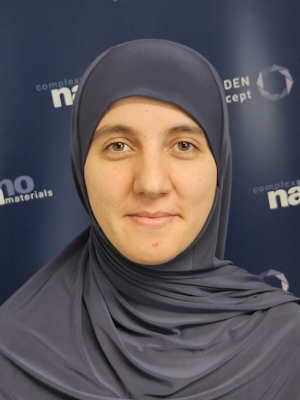
Exchange PhD student
| Room: | MBZ 410 |
| Group: | nanoelectronics for sensor technologies |
|
Download contact:
|

Exchange PhD student
| Room: | MBZ 410 |
| Group: | nanoelectronics for sensor technologies |
|
Download contact:
|